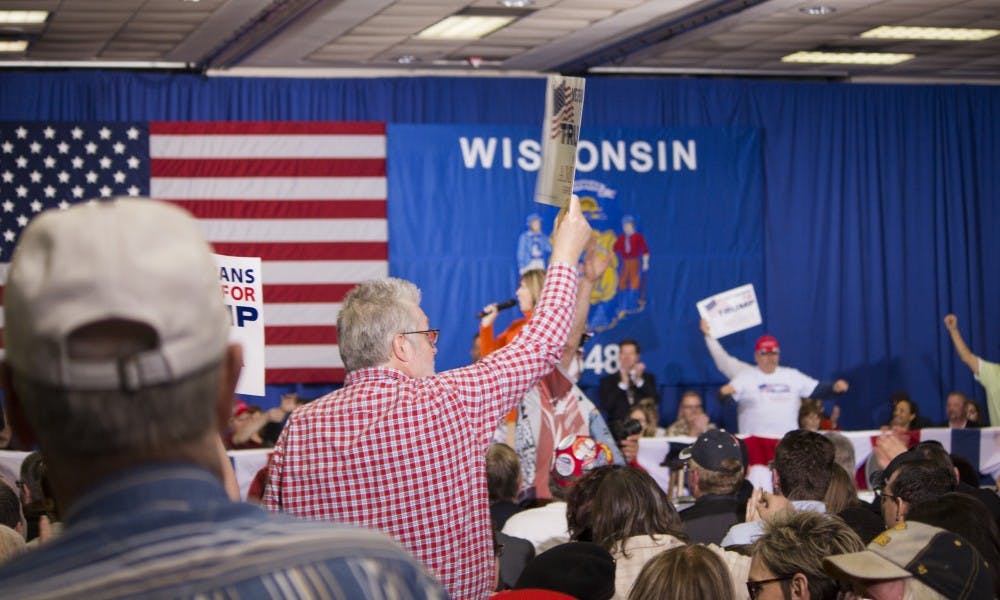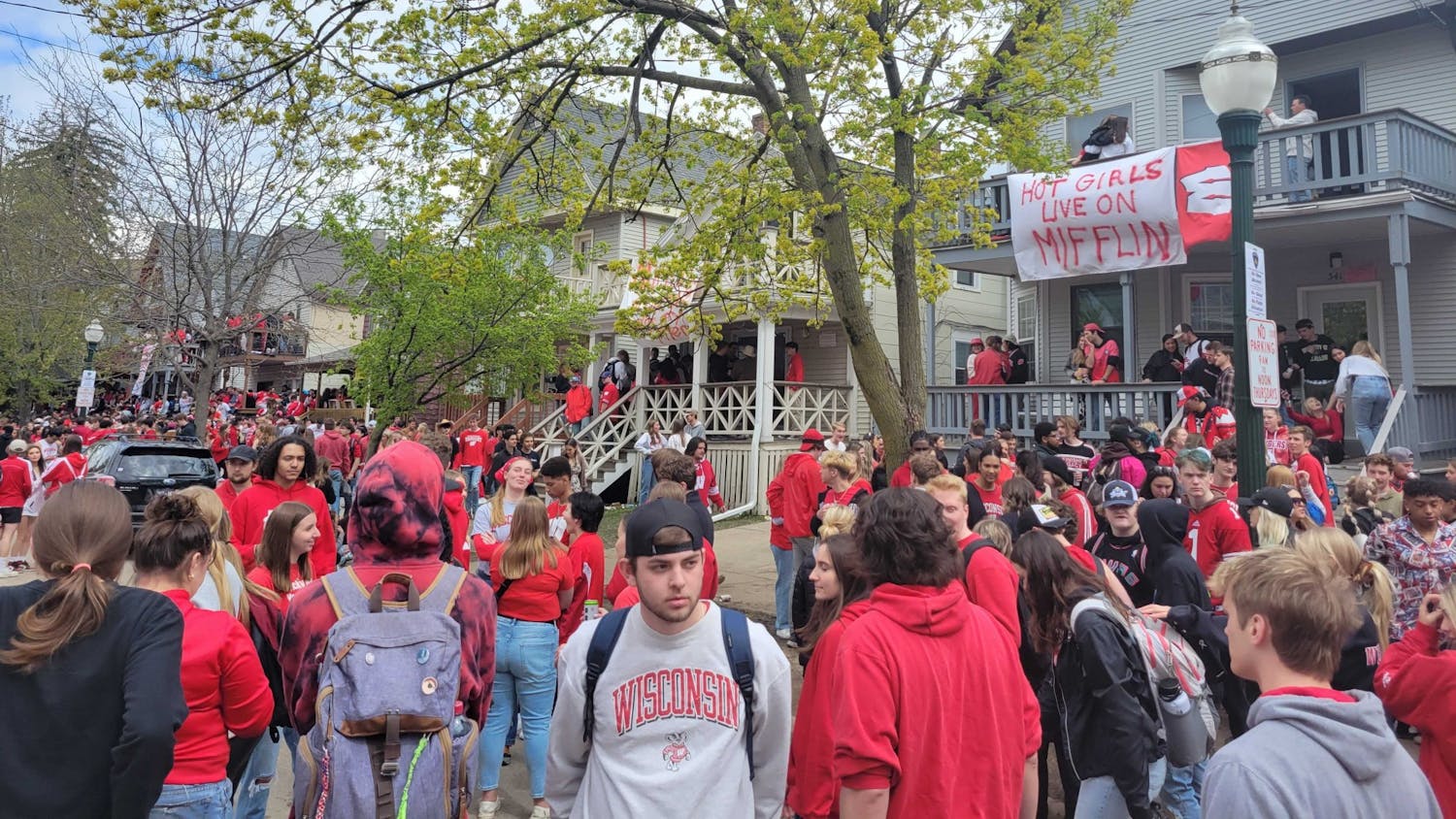Anger has been a constant theme of this year’s election. The campaigns of Donald Trump and Sen. Bernie Sanders have fed off of the disdain that multitudes of Americans feel toward Washington, the current economic state of the country and politics in general. The rise of the so-called “outsiders” in this campaign is unexpected, and this collective fury against the system (or the “Washington cartel,” as Ted Cruz calls it) is to thank for it.
It would seem that, this year more than any previous year, more voters are angry. This is convincing even more moderate candidates to gravitate toward the poles of the political spectrum in order to attract the votes of a fed up crowd. The narrative so far has been that the emergence of Trump (and Sanders) is a result of a larger population of angry people than ever before. Exit polls in primary states would seem to back this up, showing that people are angry about the direction America is headed.
It’s important to consider, however, that this anger may not be new at all. Many supporters of Trump and Sanders did not simply become fed up overnight—rather, the candidates in this year’s election have given the traditionally politically inactive masses a megaphone through which they can speak. People have been angry over the last several decades as well, whether it’s over the economy, policy or simply that the president comes from a different party than the one they support. The only difference is that this year, these people have found a candidate to rally around and vote for.
This anger is a huge reason why talented and relatively moderate politicians such as Jeb Bush, Martin O’Malley and Chris Christie find themselves on the outside of the race looking in. It’s created a polarization as candidates inch their way further to the left or right. This creates a huge threat to American politics and society. If candidates continue to shift toward more and more radical positions, the contender who ends up being president will hold views very few people share.
The economy is a source of rage for many. Candidates spend much of their time ripping “disastrous” trade deals like NAFTA and the Trans-Pacific Partnership, claiming that the policies cost jobs and “kill” the U.S. at its borders. “Free trade” has practically become a swear word.
Many of their claims are off base. While it is true that trade deals such as NAFTA and the TPP do cost jobs in certain sectors, they gain jobs in others. According to FactCheck.org, the U.S. has gained nearly 25 million jobs since the inception of NAFTA. Certain people who work in manufacturing plants and other factories lost their jobs because work was outsourced to places with cheaper labor. These people are angry as a result. Lost in the whole ordeal, however, was the fact that many jobs were also created in export sectors as a result of trade deals.
Trade deals also have a positive impact on American consumers. Cheap goods at Walmart, Target and other retailers are thanks to free trade. Although preserving jobs in America would allow more people to be employed and keep their factory jobs, it would also require huge price hikes in order to compensate for labor and operating costs. To many, that would be worth the high prices, but for others it’s a difficult decision.
Many of the same people who are outraged over the loss of jobs also benefit from the cheap prices found at retailers. The only difference is that the loss of jobs has created an uproar, while the drop in prices as a result of free trade has silently pleased a large number of people. Many people do benefit from these trade deals, but the few who don’t are the ones who are making the most noise in this campaign.
Candidates—mostly on the Republican side—have also directed the anger of their supporters at President Barack Obama. Presidents who aren’t seeking re election are easy targets in campaigns, because they have no reason to defend themselves. But the criticism of Obama is also out of line. Cruz called him a “world-class demagogue,” while Trump made the claim that he’s “perhaps the worst president in the history of the United States.”
Obama’s presidency has, by most accounts, been a big success. His accomplishments make the anger about the economy even more perplexing. The U.S. economy has experienced 73 consecutive months of job growth, adding 14 million private-sector jobs in that time frame. You wouldn’t realize it by seeing the way people are bashing his administration and its economic legacy.
The anger that has become so prevalent in this campaign is alarming for a number of reasons. But what’s most important to remember is that, though they speak loudly, those who are angry are small in number, and in some cases not even justifiably angry. Those who are furious are simply louder than those who aren’t, and that gives some false impressions. When the general election comes in November, the entire American public will speak its mind. Chances are, we’ll come to realize that the sky isn’t falling after all.
Sebastian is a freshman majoring in environmental studies. Do you think that voters are more angry than usual? Let us know at opinion@dailycardinal.com.






